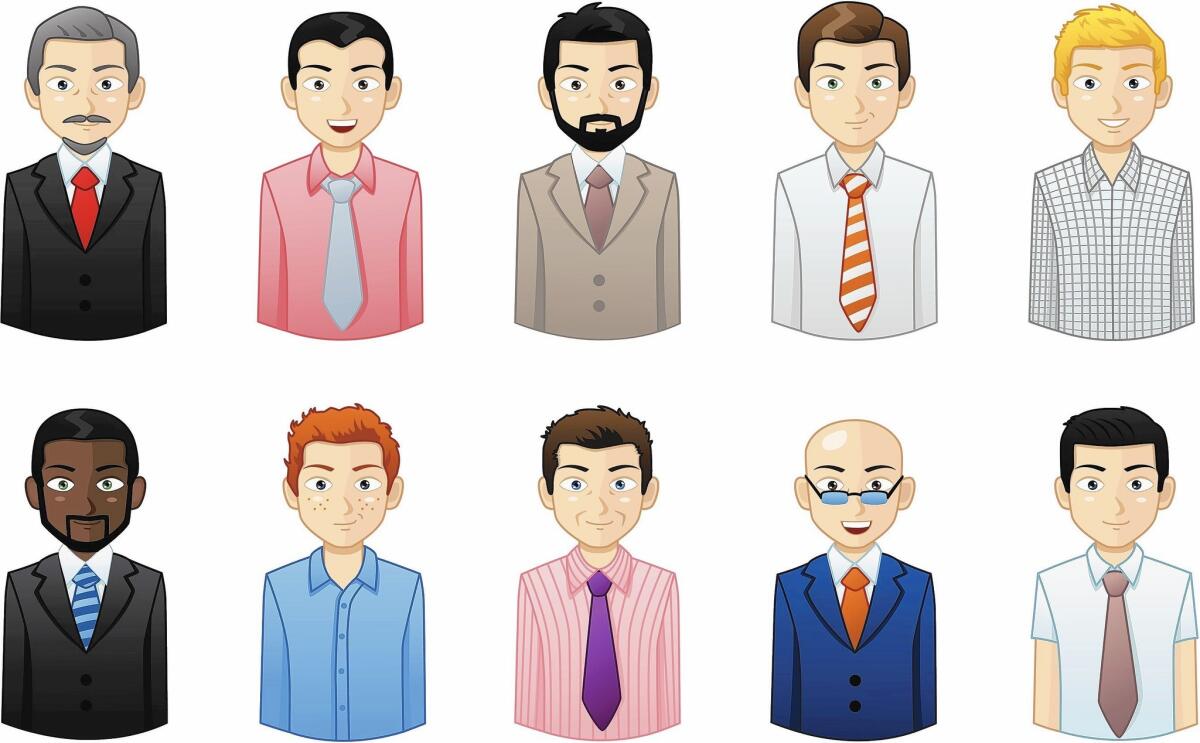Avatars often reflect a reality about their creators, study finds

Those cute little avatars you create to represent yourself in online games not only tell a lot about your personality but may also help you find friends, according to researchers who looked at how others see those representations.
Avatars range from the simple drawings used for Mii characters in the Nintendo Wii to detailed three-dimensional renderings used in “World of Warcraft.” Unlike a photo on Match.com, avatars are highly customizable and allow one to express, or hide, physical or psychological traits.
The goal of the study, published recently in the Personality and Social Psychology Bulletin, was to see whether the impressions formed by people looking at avatars reflected the people who created them. Researchers from York University in Canada had about 100 people create avatars and then asked nearly 200 other people to rate the avatars on five traits: openness, conscientiousness, extraversion, agreeableness and neuroticism.
People who were outgoing and sociable tended to create avatars that communicated that; neurotic people tended to create avatars that did not communicate their personality accurately, the researchers found.
Some traits, such as being open or anxious, were easier to judge compared with traits such as conscientiousness and openness, the researachers said. Gender also mattered. Avatars created by females were viewed as being more conscientious and open.
Individuals who drew avatars with open eyes, a smile or grin, an oval face, brown hair and/or a sweater were perceived as friendly, in contrast to those who drew avatars with black hair, short hair, a hat and/or sunglasses. .
Noting that in real life people make instant judgments based on a glimpse at a photograph or a person’s tone of voice, lead author Katrina Fong said, “As relationships are increasingly being made online, it is in one’s best interest to perceive others as accurately online as it is in real life.” In the study’s conclusion, she and her co-author wrote, “The impressions we make on others online may have an important impact on our real life, such as who becomes intrigued by the possibility of our friendship.”
For tips on how to build your own avatar, you can go to the website gosecondlife.com.



